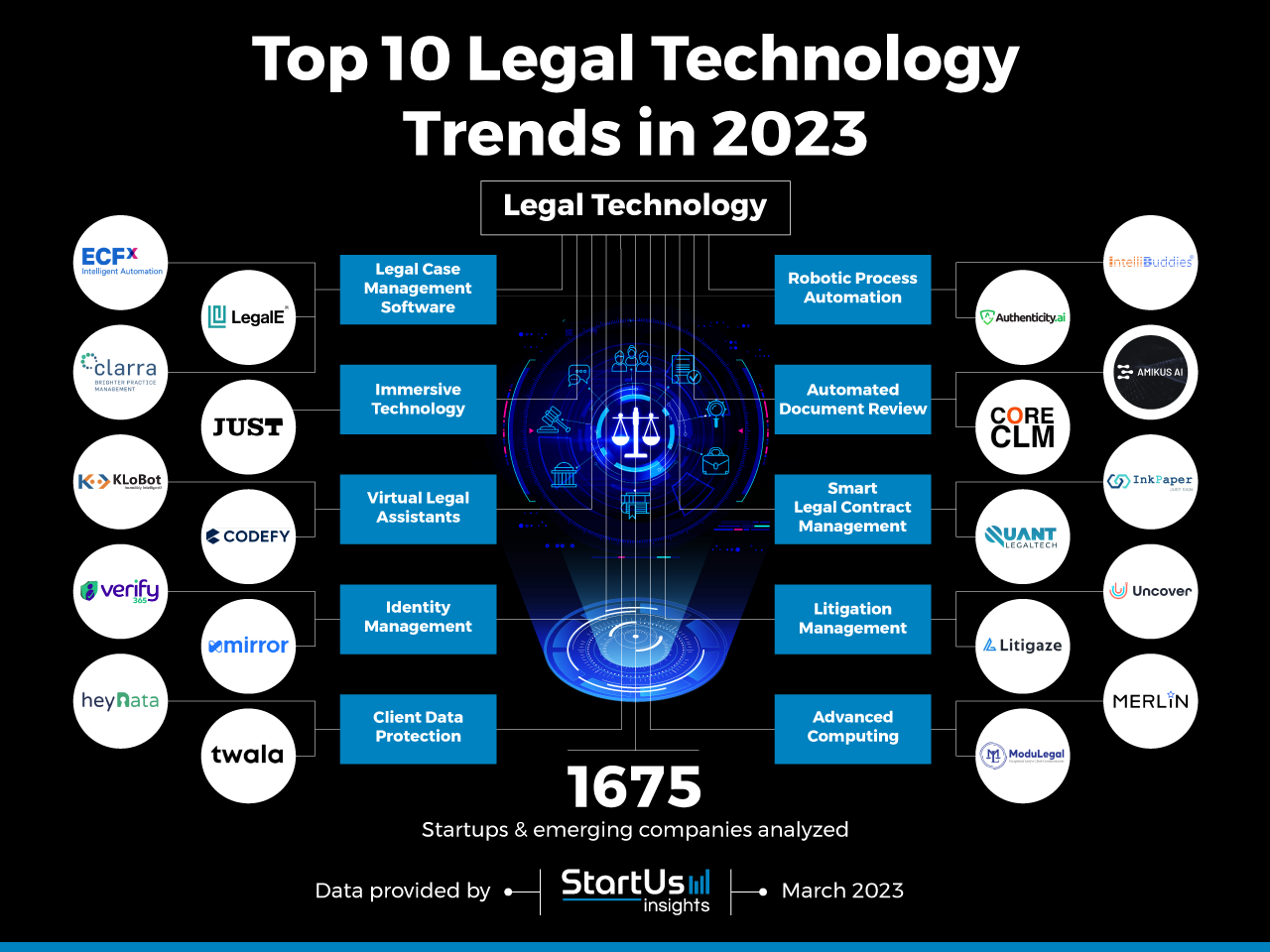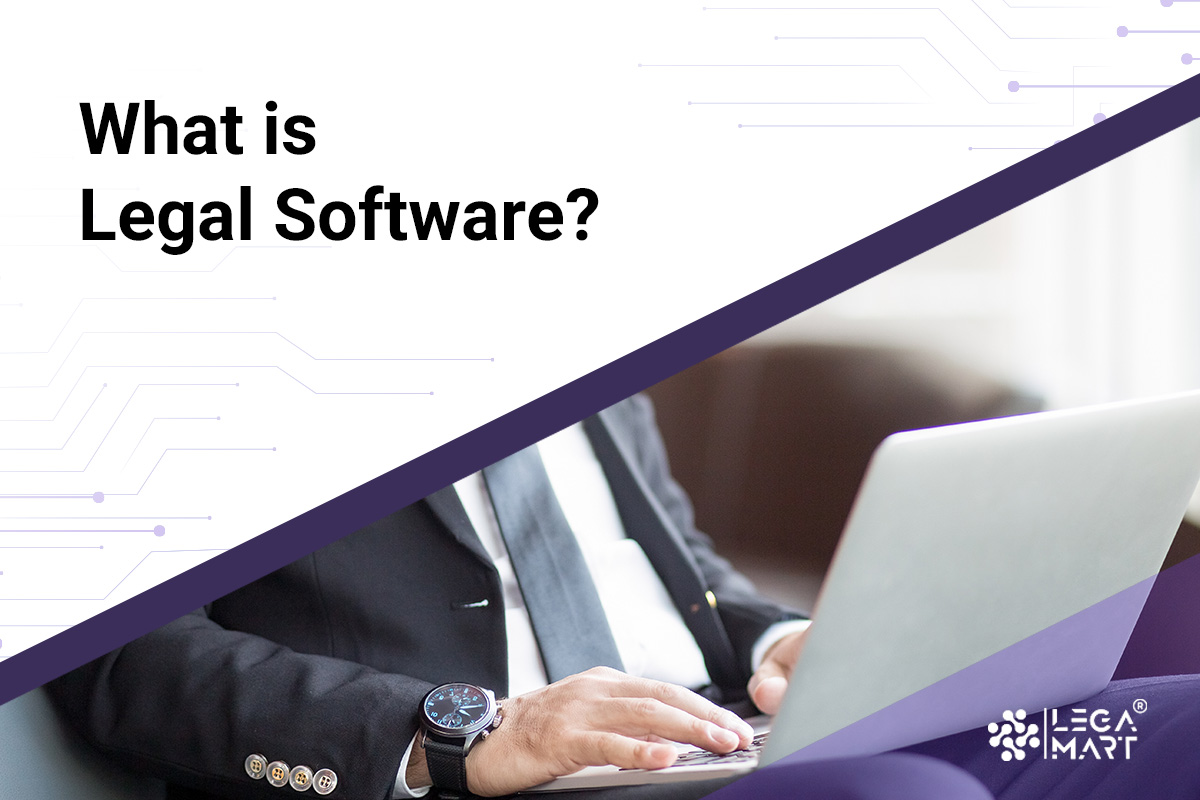Technology for Legal Firms: Transforming the Industry
Technology for legal firms is no longer a luxury but a necessity, revolutionizing the way lawyers practice law and interact with clients. From streamlined research and document management to secure […]

Technology for legal firms is no longer a luxury but a necessity, revolutionizing the way lawyers practice law and interact with clients. From streamlined research and document management to secure communication and data protection, technology has become an integral part of the modern legal landscape. This exploration delves into the impact of technology on legal firms, examining key technologies, their benefits, and the future trends shaping the legal profession.
This comprehensive guide will provide insights into how legal professionals can leverage technology to enhance efficiency, improve client service, and stay ahead in a rapidly evolving legal environment.
Future Trends in Legal Technology: Technology For Legal Firms

The legal profession is constantly evolving, driven by technological advancements that are transforming how lawyers work and how clients access legal services. As we move forward, several emerging technologies are poised to have a significant impact on legal firms, reshaping the landscape of the legal profession.
Artificial Intelligence (AI) and Machine Learning (ML)
AI and ML are already making their mark in the legal field, and their influence is expected to grow exponentially in the coming years. AI-powered tools can automate repetitive tasks, analyze large volumes of data, and even assist with legal research and drafting.
- Predictive Analytics: AI algorithms can analyze past legal cases and identify patterns to predict the outcome of future cases. This information can be invaluable for legal strategizing and risk assessment.
- Contract Analysis: AI-powered tools can analyze contracts and identify key clauses, potential risks, and areas for negotiation. This can streamline contract review processes and reduce the risk of errors.
- Legal Research: AI can accelerate legal research by identifying relevant case law and legal precedents, saving lawyers significant time and effort.
- Chatbots and Virtual Assistants: AI-powered chatbots and virtual assistants can handle routine client inquiries, freeing up lawyers to focus on more complex matters.
Blockchain Technology
Blockchain technology offers a secure and transparent way to record and track information, making it ideal for applications in the legal field.
- Secure Document Management: Blockchain can create tamper-proof records of legal documents, ensuring their authenticity and integrity.
- Smart Contracts: Blockchain can automate legal agreements, ensuring that contracts are executed automatically when certain conditions are met. This can streamline legal processes and reduce the need for manual intervention.
- Electronic Signatures: Blockchain can provide secure and verifiable electronic signatures, eliminating the need for physical signatures and reducing the risk of fraud.
Cloud Computing
Cloud computing is rapidly becoming the standard for legal firms, offering a cost-effective and scalable way to access and manage data and applications.
- Data Storage and Security: Cloud-based platforms offer secure and reliable data storage, eliminating the need for expensive on-premises infrastructure.
- Remote Access and Collaboration: Cloud computing allows lawyers to access legal documents and applications from anywhere with an internet connection, facilitating remote work and collaboration.
- Scalability and Flexibility: Cloud-based solutions can be easily scaled up or down as needed, allowing legal firms to adapt to changing demands.
Cybersecurity, Technology for legal firms
As legal firms increasingly rely on technology, cybersecurity becomes paramount.
- Data Breaches: Legal firms handle sensitive client data, making them prime targets for cyberattacks. Robust cybersecurity measures are essential to protect client information and prevent data breaches.
- Data Encryption: Encrypting sensitive data is crucial for protecting it from unauthorized access. Legal firms should implement strong encryption protocols to safeguard client information.
- Employee Training: Educating employees about cybersecurity best practices is essential for preventing phishing attacks and other threats.
Final Summary

As technology continues to advance at an unprecedented pace, legal firms that embrace innovation will be best positioned to thrive in the future. By adopting cutting-edge tools and adapting to emerging trends, legal professionals can enhance their practice, improve client outcomes, and ensure their continued success in a digitally driven world. The future of law is inextricably linked to technology, and those who understand and leverage its power will shape the legal landscape of tomorrow.
Technology is transforming the legal field, with firms embracing digital tools to streamline operations and improve client service. A key aspect of this transformation is the integration of information technology, which requires skilled professionals. If you’re interested in pursuing a career in this exciting field, consider exploring the comprehensive information technology programs offered by NVCC.
These programs equip students with the knowledge and skills needed to excel in the legal technology landscape, providing a strong foundation for a successful career.










